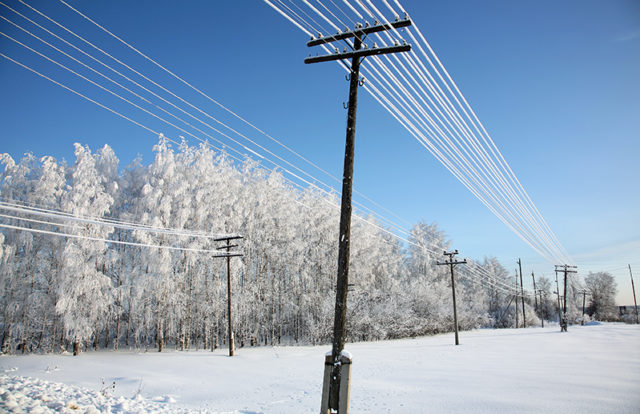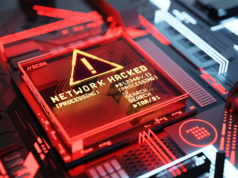
They are giants standing with their heads held high looking over the vantage point, possibly thinking they are still beyond reach but the sniper in his hoodie has already locked his target on them. The energy sector is not immune to cyber threats and the industry is coming to terms with this fact. The latest attack on a U.S. pipeline network on April 2, 2018 has raised concerns on the risk management scenarios of this industry. The U.S. department of Energy formed the Office of Cybersecurity, Energy Security and Emergency Response aka CESER in February 2018 to supervise the hovering cyber threats. The General Data Protection Regulation (GDPR) and the Directive on Security of Network and Information Systems (NIS) to be implemented in Europe, even accepted by Britain, is expected to empower and mobilize a strong cybersecurity infrastructure.
But is it up to snuff? The energy sector too needs to do its bit and ask itself these questions:
How robust is their data fortress?
Energy companies are generating and transmitting data like any other organization and every bit of it is crucial. Maintaining the confidentiality along with balanced and untampered flow of information requires well-defined data fortification. It is imperative to identify gaps in data security, check the operational support system and prepare guidelines to handle emergencies.
Who is monitoring your control systems?
Maintaining the grid stability especially for the digitally connected network requires well-integrated cybersecurity components. Many companies choose to outsource these network operation services. When choosing a service provider, they must take into account its expertise and experience. There’s also an insider threat looming over your critical data sharing and other operations. Your risk management strategy has to cover all these facets. The energy sector like its finance counterpart had been averse to technology for a long time, hence their traditional architecture still isn’t able to accommodate latest Information and Communications Technology (ICT) components.
Is there a balance between technical and human cyber competence?
An effective information security infrastructure requires not only advanced technology and equipment, but also an equally knowledgeable workforce. In most cases, the detection of a cyber-threat is the make or break factor. If the threat is detected at the right time, you can save the situation or the likelihood of your data being breached. You need a proficient cybersecurity partner or an able in-house team to help analyze, identify, and thwart off any threat before it endangers your business operations.
Are your aware of your cyber acts and rights?
There are lot of them being enacted now and there are some already in place. For the energy sector the devices used as well the technology infrastructure come with certain applied security standards. It is important that your cybersecurity team be acquainted with these components and their interoperability features and limitations in different environments because in some cases you might be operating according to international regulations.





















